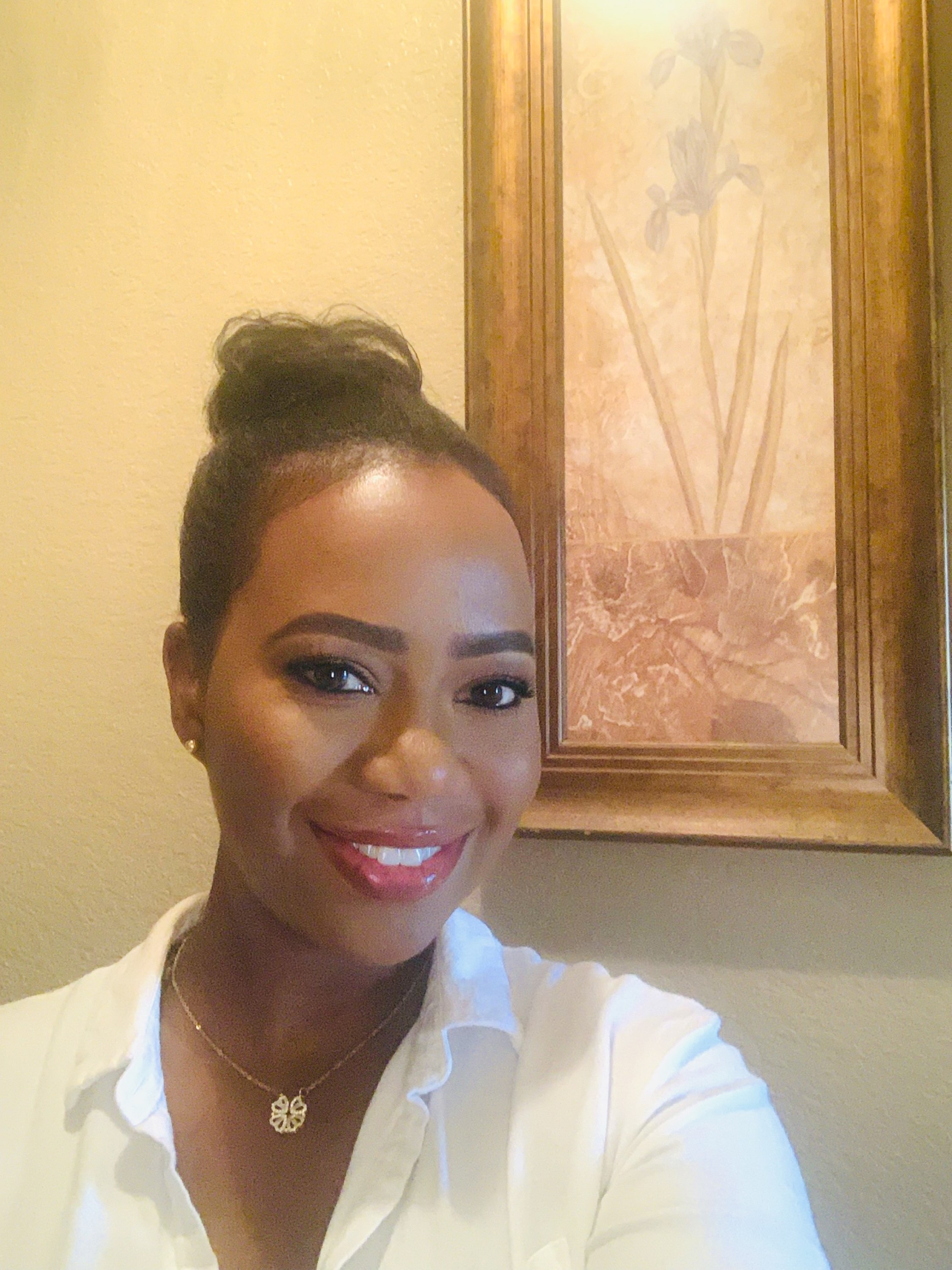Embrace Self-Respect and Self-Care Through Healthy Boundaries for a Balanced Life
- Kim Ba, Wellness Coach
- 2 days ago
- 4 min read

We’re constantly pulled in multiple directions—whether it’s work, family, or social obligations, it can feel like there’s always something demanding your attention.
But have you ever stopped to think about how all of this affects your well-being?
It’s easy to lose sight of your own needs when you’re busy fulfilling everyone else’s expectations. This is where boundaries come into play, serving as one of the most powerful tools for self-care.
Boundaries are not just about saying “no” to others—they’re about saying “yes” to yourself. They allow you to honor your values, protect your energy, and cultivate a life that’s in balance.
Boundaries are a form of self-respect, and when you implement them, you’re making a conscious decision to prioritize your mental and emotional well-being.
Why Boundaries Are Essential for Self-Care
Without boundaries, you risk burnout, resentment, and a sense of being constantly overwhelmed. Boundaries give you the ability to safeguard your time, energy, and mental space.
When you have clear boundaries in place, you create the space to focus on your personal growth, wellness, and overall life balance.
1. Boundaries Help You Honor Your Energy
Our energy is limited, and how we use it impacts our well-being. Boundaries help protect your energy by ensuring you don’t overextend yourself. Whether it’s saying no to social events or limiting work hours, boundaries help conserve energy for what truly matters.
2. Boundaries Protect Your Time
Time is irreplaceable, and without boundaries, it’s easy for others to take up your precious hours. Setting boundaries allows you to control how you spend your time—whether it’s saying no to commitments or blocking time for self-care, ensuring your time aligns with your values.
3. Boundaries Foster Self-Respect
Setting boundaries is a powerful form of self-respect. Creating healthy limits shows that your needs and feelings matter. In personal or professional relationships, boundaries signal that you’re worthy of respect and are committed to protecting your peace, without compromising your well-being.
The Power of Saying "No"
One of the most challenging aspects of setting boundaries is learning how to say no without guilt. Many women, especially, struggle with this because we’re often socialized to be people-pleasers, always ready to help, say yes, and put others first.
But the truth is, saying no is not selfish—it’s essential for maintaining balance and self-respect.
Saying no creates space for what truly matters. It allows you to focus on your goals, values, and self-care practices without feeling overwhelmed or drained by the demands of others.
And the best part? You don’t have to explain yourself. Your “no” is enough. It’s a powerful way to take back control over your time, your energy, and your life.
Creating Healthy Boundaries: Practical Tips
Implementing boundaries in your life doesn’t have to be complicated. Here are some simple, yet effective, ways to start:
1. Know Your Priorities
Before you can set boundaries, it’s essential to know what matters most to you. Take time to reflect on your values, goals, and well-being. What is non-negotiable in your life? Whether it’s protecting your mental health, spending quality time with your family, or focusing on your career, knowing your priorities will guide your boundary-setting decisions.
2. Communicate Clearly
Boundaries aren’t effective if you don’t communicate them. Be clear and assertive when expressing your needs. Whether it’s at work, with friends, or in family dynamics, kindly and confidently communicate your limits. Remember, boundaries are about creating mutual respect, not creating conflict.
3. Practice Saying No
If saying no is something you struggle with, start practicing. You don’t have to make excuses or over-explain yourself. A simple, “I’m unable to commit to that right now” or “That doesn’t work for me” is enough. With practice, saying no becomes easier and more empowering.
4. Be Consistent
Boundaries require consistency to be effective. If you set a boundary, stick to it. Don’t feel pressured to bend your limits just because someone asks or insists. Be firm in protecting your time and energy, and remember that you are doing it for your own well-being.
5. Give Yourself Grace
It’s okay to make mistakes as you learn to set and maintain boundaries. Be kind to yourself during this process. Boundaries are a journey, and with each step, you’ll find yourself becoming more confident in your ability to protect your peace.
Boundaries Are the Key to a Balanced Life
Creating boundaries is an active choice to live a balanced life. Boundaries provide a framework for prioritizing your well-being, helping you show up as your best self in all areas of life.
By honoring your energy, protecting your time, and communicating your needs, you can nurture your relationships, thrive in your career, and practice self-care without feeling guilty or overextended.
Self-care isn’t just about taking bubble baths or eating healthy food—it’s about respecting yourself enough to set boundaries that preserve your energy and time. It’s about saying no to things that don’t serve you and yes to things that nourish your soul.
Final Thoughts
Boundaries are not a one-size-fits-all solution. They are personal, and they reflect your unique needs and values. Creating boundaries in your life shows yourself the ultimate form of self-respect.
You’re saying, “I am worthy of peace, I am worthy of rest, and I am worthy of protecting my energy.” When you do this, you open the door to a balanced life—one where you can thrive, not just survive.
So, what’s one boundary you can set today to start honoring your self-respect? Maybe it’s saying no to that extra commitment or taking a break from social media.
Whatever it is, remember this: setting boundaries isn’t about being selfish. It’s about caring for yourself in a way that allows you to show up as the best version of you.
See you at the next post! ❤️













Comentarios